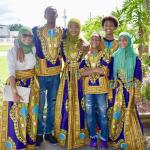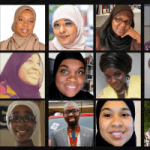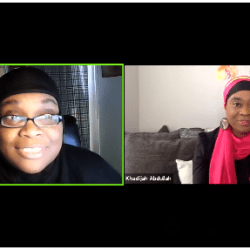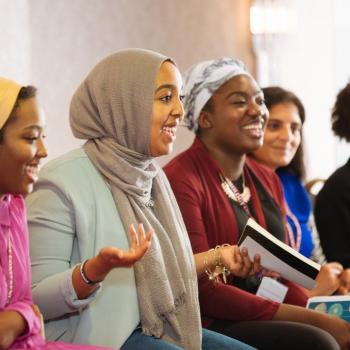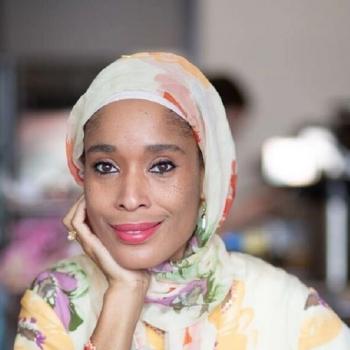
After watching a Facebook Live feed involving an interview between non-Black Muslim activist Tox Sharif and Black Muslim Nabil Abdurashid, Layla Abdullah-Poulos posted a commentary video highlighting some of the things she found disturbing about the discussion that was supposed to address racism and anti-Blackness inside of British Muslim culture but barely did.
Although I found the title of the interview, Can you be Black and Muslim at the Same time?, problematic, I was hopeful that in the wake of scandals involving harmful racial language by a popular Muslim, there would be an opportunity for productive dialogue.
During the conversation, I observed the use of messaging similar to what Blacks of varying social backgrounds hear from Whites in attempts to breakdown any potentially-substantial conversations about race, including:
- Respectability Politics;
- Racial Gaslighting, and
- Fragility.
I outlined a few in the video clip below in hopes that some light is shed on the need for Muslims globally to develop better proficiency in talking about and resisting racism inside and outside of their communities.
I tried to focus on specific words during the talk and their connotations, so this is in no means a censure of the interviewer Tox Sharif, who I do not know. The objective of the video is not to determine anyone’s intent, instead my analysis is meant to reveal the negative impact of racially-dismissive language in hopes that people will appreciate the need to avoid it and engage in more positive dialogues about this uncomfortable topic.
There are some cultural distinctions between the way Muslims in the US and the UK navigate race, intra-cultural racism and anti-Blackness. I wanted to draw attention to some commonalities and offer advice to my brothers and sisters on the other side of Atlantic because the trauma caused by and need to combat racism and anti-Blackness remains constant.
Abdullah-Poulos posted an article about ways Muslims can become better allies in combatting racism.
Find out more about anti-racism training by visiting the Muslim Ant-Racism Collaborative website.

